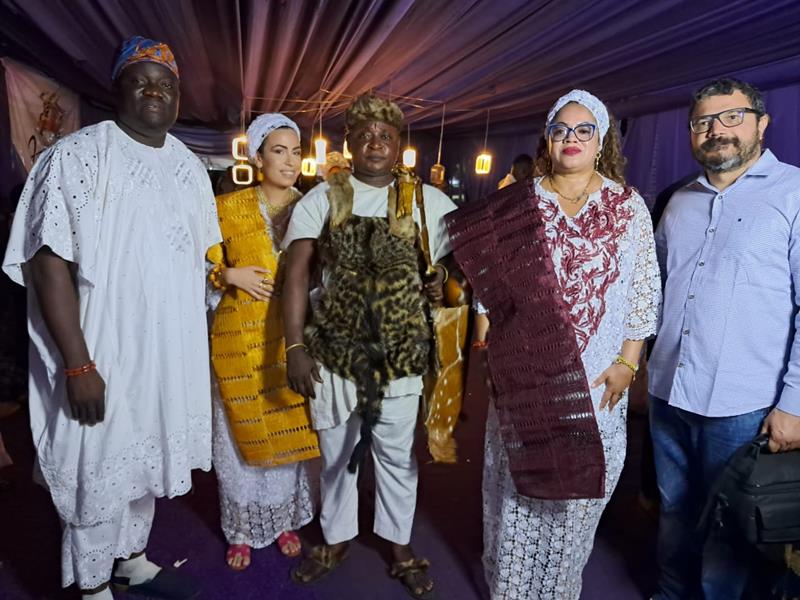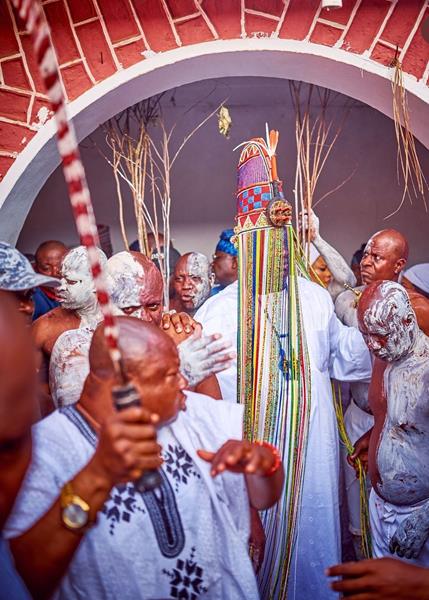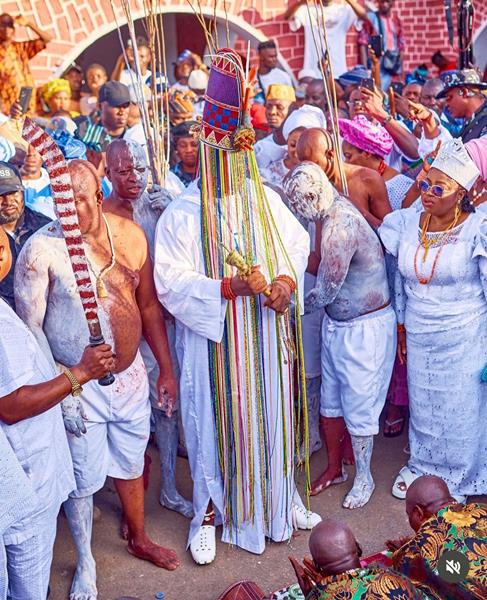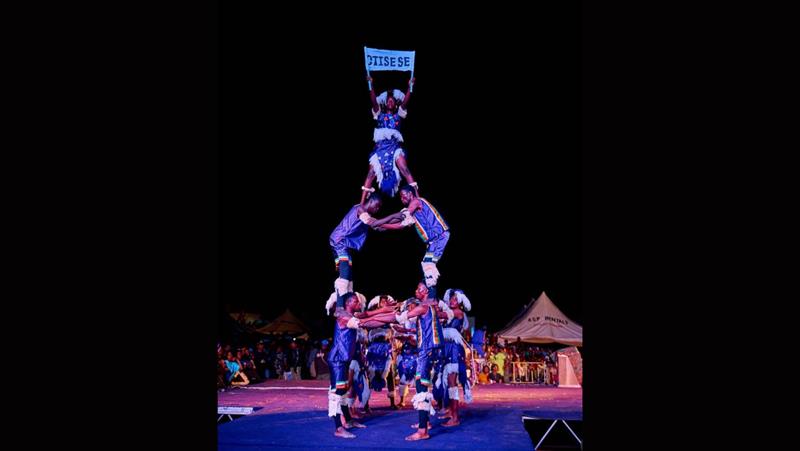Six days of silence, one day of glory: discover the Yoruba tradition that transforms Ile-Ifé into a living altar
The Olojo Festival, held annually in the city of Ife (Yoruba: Ifè/Ilé-Ifẹ̀), an ancient city in OỌṣun State in southwestern Nigeria, represents one of the pillars of Yoruba culture. This event, whose name means “The Day the Light Touched the Earth”, is a symbol of the shared heritage, resilience and enduring legacy of the Oduduwa people, and symbolically marks the Yoruba New Year and is the main celebration of the Yoruba people.
In 2024, the festival gained an additional international dimension, thanks to the participation of Brazilian visitors facilitated by The African Pride, an organization dedicated to strengthening cultural ties between Africa and the diaspora. The Founder of The African Pride, Ajoyemi Osunleye, participated in person leading the activities proposed by TAP.

As the cradle of the Yoruba civilization, the city of Ife occupies a central place in the philosophy and history of this people. According to tradition, it was from Ile-Ife that the descendants of Oduduwa set out to found other Yoruba cities and kingdoms. This ancestral connection gives Olojo a unique status among Yoruba festivities, attracting participants and observers from many regions.
The central point of the festival is the public display of the ancestral crown, known as the “Ade Aare” or “Crown of Oduduwa”. This centuries-old relic is worn by the Ooni of Ife, the king and spiritual leader of the Yoruba, only during this festival. The uniqueness of this event lies in the fact that it is the only time in the year that the people can glimpse this sacred artifact.

The festival lasts for four days, preceded by a period of seclusion for the Ooni that lasts six days. On the sixth day, the monarch emerges from his spiritual retreat and, the following day, dons the sacred crown for a procession through the streets of Ile-Ife. During this procession, the king visits places of ancestral importance, such as the Ase of Ogun, the Ase of Aje, among others, receiving the greetings and acclaim of the people.
It is worth noting that the celebration is not limited to the sacred rituals performed in the palace. The Olojo festival is characterized by its popular character, with the active participation of the population of Ife: the streets of the city become a stage for the most diverse manifestations of their faith and culture, where the inhabitants express their devotion and respect for ancestral traditions.

The subsequent days of the festival are marked by a series of social and cultural events that transcend the local sphere and catalyze Yoruba cultural identity, with a celebratory dinner that provides moments of unity and collective celebration.
The closing of Olojo is a particularly festive occasion, with musical performances, competitions and displays of traditional choreography and acrobatics, which reaffirm the richness of the Yoruba cultural heritage. This ceremony also strengthens community bonds, ensuring that a rich cultural legacy flourishes for generations to come.
In 2024, the festival expanded its reach, becoming a bridge between continents and cultures. The African Pride facilitated the participation of civil servant André Gomes and his mother Flávia Pinto in the palace’s activities during the festival. This initiative not only enriched the experience of Brazilian visitors, but also created a valuable cultural exchange, symbolizing the deep connection between Yoruba traditions preserved in Brazil and their African roots, illustrating the power of Olojo to unite people across the Atlantic and reaffirm the global relevance of Yoruba culture.





